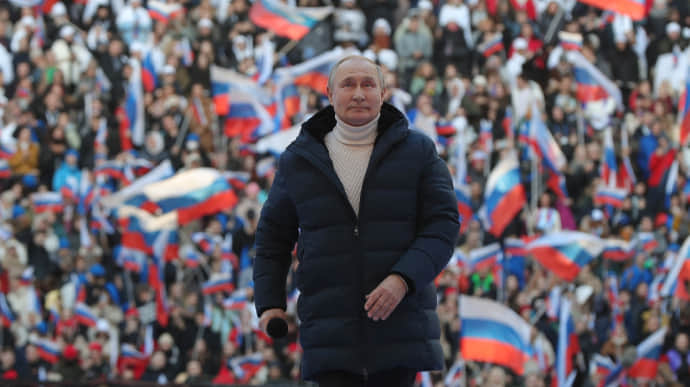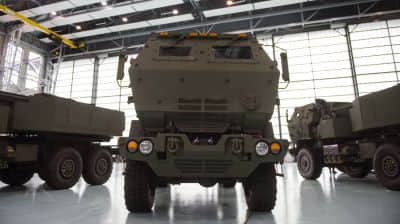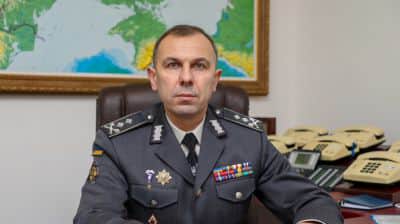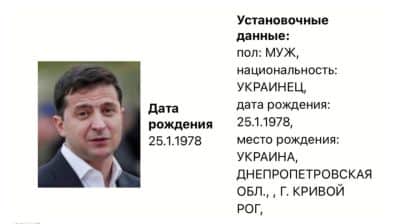Russia's economy reaches dangerous overheating point – The Economist

Russia's economy may not be able to sustain rising government spending amid tight supply and inflation in the country.
Source: The Economist, with reference to expert assessments
Quote: "Look closer at Mr Putin’s wartime economy, however, and it becomes clear that it is dangerously overheating."
The Economist confirmed the data that Russia's economy will continue to grow in 2024, emphasising the factors that contribute to this.
"Many economists blame government outlays, which are soaring as Mr Putin tries to defeat Ukraine. In 2024 defence spending will almost double, to 6% of gdp – its highest since the collapse of the Soviet Union," the newspaper wrote.
Keeping in mind the upcoming elections, the government is also increasing social benefits.
"Some families of soldiers killed in action are receiving payouts equivalent to three decades of average pay. Figures from Russia’s finance ministry suggest that fiscal stimulus is currently worth about 5% of gdp," The Economist pointed out.
The unemployment rate is less than 3%, which is the lowest on record. Nominal pay is growing by about 15% annually.
These factors confidently increase the country's growth rate.
"Real-time economic data published by Goldman Sachs, a bank, point to solid growth. JPMorgan Chase, another bank, has lifted its gdp forecast for 2023, from a 1% decline at the start of the year, to 1.8% in June and more recently to 3.3%," the publication emphasised.
However, The Economist noted that the problem is that the Russian economy cannot sustain such rapid growth. The following factors work against a warming economy:
- Thousands of workers, often highly educated, have left the country since the beginning of 2022.
- Foreign investors withdrew about US$250 billion of direct investment, accounting for almost half of the pre-war stocks.
- Red-hot demand runs into shrinking supply, leading to rising prices for raw materials, capital and labour.
- These processes take place during inflation, which continues to grow and becomes a multiplier of factors that overheat the economy.
Russia’s inflation in 2022 was caused by the weakening of the rouble. After the Russian invasion, the currency fell 25% against the dollar.
This increased the cost of imports.
The data published on 8 December stated that inflation was 7.5% year-on-year in November, compared with 6.7% a month earlier.
Due to such a situation, the Central Bank raised interest rates by two percentage points, twice as much as expected. A similar rate increase is expected at the next meeting, on 15 December.
Thanks to this, as well as the implemented control over the movement of capital, the ruble actually grew. It happened thanks to the implemented control over the movement of capital.
"Now, though, officials worry that they may be losing control," The Economist said.
These fears coincide with most forecasts, expecting inflation in Russia to continue to rise.
So, for example, the record low level of unemployment is superimposed on the growth of nominal pay, which is growing by about 15% annually.
"Companies are then passing on these higher costs to customers," the publication stated.
Extremely high inflation affected all areas of goods and services in the country – from legal consultations to restaurant meals.
As an example, The Economist cites the cost of a night's stay at Moscow's Ritz-Carlton Hotel, now simply called the Carlton after its Western owners stopped working in Russia. That cost has risen from about US$225 (before the invasion of Ukraine) to US$500.
"This suggests that the cause of inflation is home-grown."
The state can try to further restrain these processes using even higher interest rates, which can eventually bite out of such a demand, stopping the further inflation rise. Recovering oil prices and additional controls on capital movements could boost the rouble, reducing the cost of imports.
"Yet all this is working against an immovable force: Mr Putin’s desire to win in Ukraine. With plenty of financial firepower, he has the potential to spend even bigger in future, portending faster inflation still. As on so many previous occasions, in Russia there are more important things than economic stability," The Economist concluded.
Support UP or become our patron!







